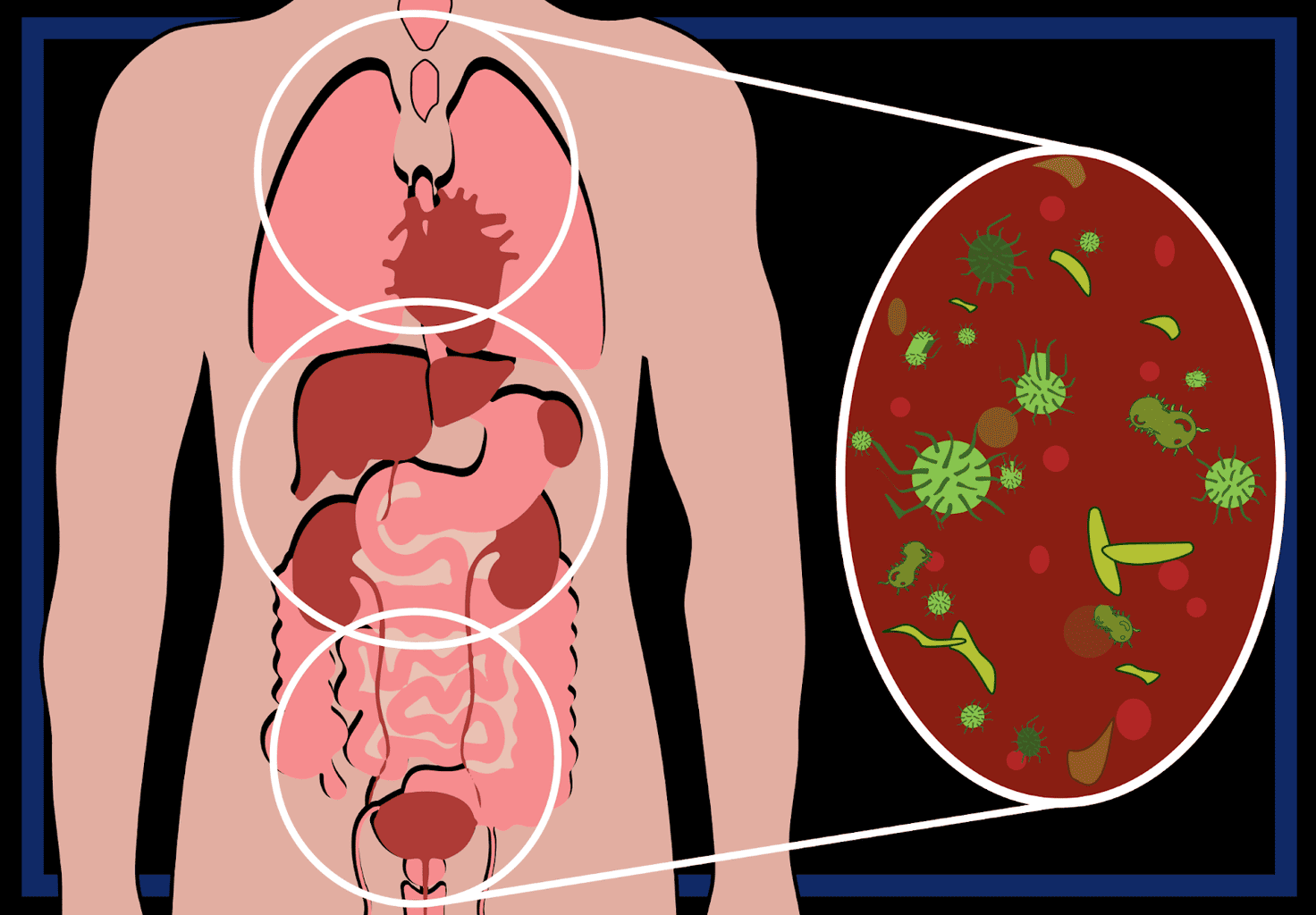A few sips can increase protein-digesting enzymes
Unsubscribe | Report as spam | Change email preferences
—-Important Message From Wes Anderson—-
Why are so many men throwing away their department store colognes?
You’ll never want to buy another bland and boring department store cologne…
Because department store colognes don’t contain the scents that are known to attract women.
Department store colognes smell nice…
But they don’t contain rare and costly ingredients that get a woman attracted to a man…
The result?
Bland and boring colognes that make men smell like a sheet that just came out of the clothes dryer.
Sure, you smell clean…
…but for me, what I want is a cologne that gets attention from women.
A cologne that gets women attracted to me…
Which is why I’ve invented this Attraction Cologne…
———-
This drink can prevent bacterial overgrowth in the gut
Digestive problems are rampant, and they affect far more than just the functioning of your gastrointestinal system.
You need acid and enzymes to break down foods and absorb nutrients.
Acid is also needed to keep your gut bacteria in balance.
Without acid you will get an overgrowth of H. pylori – a stomach bacteria which can cause ulcers and cancer.
Enzymes like pepsin are needed to break down protein.
Many older people do not produce significant amounts of pepsin and it leads to inability to digest and absorb protein.
Weakness and muscle loss are the result.
This loss in digestive power may also lead to an inability to absorb minerals like zinc which are generally bound in food protein.
Zinc is essential for optimal hormonal balance and the working of the immune system.
But researchers have discovered that caffeine – in amounts found in coffee…
…causes a significant increase in both stomach acid and protein-digestive enzymes.
The human research was carried out at Vancouver General Hospital in Canada. The paper was published in the Scandinavian Journal of Gastroenterology.
The researchers carried out their experiments in human volunteers who were given injections of caffeine.
This stimulating substance is found in coffee, tea and many energy drinks.
“Gastric secretion of acid and pepsin in response to graded doses of intravenous caffeine and corresponding plasma caffeine levels were studied in 4 healthy human volunteers.”
The researchers found that at a certain point, increased levels of caffeine in the blood led to increases in stomach acid and pepsin.
Pepsin is an enzyme which helps to digest protein.
“The threshold for both acid and pepsin secretion was found with an infusion of 160 mg caffeine benzoate per hour.”
At a certain point the researchers found a maximum level of stomach acid and pepsin stimulation by caffeine.
“At a plasma caffeine level of about 20 mg/liter the maximal acid response was obtained.”
There are a huge number of studies showing all sorts of benefits of drinking coffee.
For example, many types of cancers are decreased with increasing coffee consumption.
These benefits of coffee seem to increase in the studies up to about 4 cups of coffee per day.
Researchers discovered this is approximately the amount which will increase blood caffeine levels to those needed for maximum stomach acid and pepsin release.
“Four to five cups of coffee consumed over 4 to 5 hours produced a similar plasma caffeine level.”
As caffeine levels in the blood increase so do the levels of the protein-digesting enzyme pepsin and stomach acid.
“A linear relationship was demonstrated between the plasma caffeine levels and the corresponding gastric acid and pepsin outputs.”
This is how coffee and other caffeinated drinks could help to improve digestion, prevent stomach infections, and increase the availability of nutrients…
…thereby improving long-term health outcomes.
“It was concluded that both acid and pepsin secretion are stimulated by intravenous caffeine administration, but that acid output is stimulated to a greater degree than pepsin output.”
Caffeine is great in moderate amounts.
There are many extra benefits to coffee aside from just caffeine, though – so it’s my preferred source of caffeine.
There are numerous other elements like chlorogenic acid and caffeic acid in coffee which are also great for the digestive system.
Caffeine increases the metabolic rate – and taken without food this can be a problem as it increases stress.
For this reason I have always been a proponent of drinking coffee with a meal.
And this study shows another reason why this is a good idea.
On the other hand, some people produce a lot of stomach acid already, and may suffer from stomach ulcers because of this.
In this case, decaffeinated coffee may be a good idea until the stomach ulcers have been healed.
—-Important Message About Gut Health—-
This protects the good bacteria while cleaning bad bacteria out of the organs
My new protocol cleans men’s organs out, even their male organ.
It removes the harmful bacteria while protecting the good bacteria men need.
And the result is much better health and rockiness.
For a limited time, I’m letting men try it for free.
Clean Organ Protocol just for men — click to try
———-




